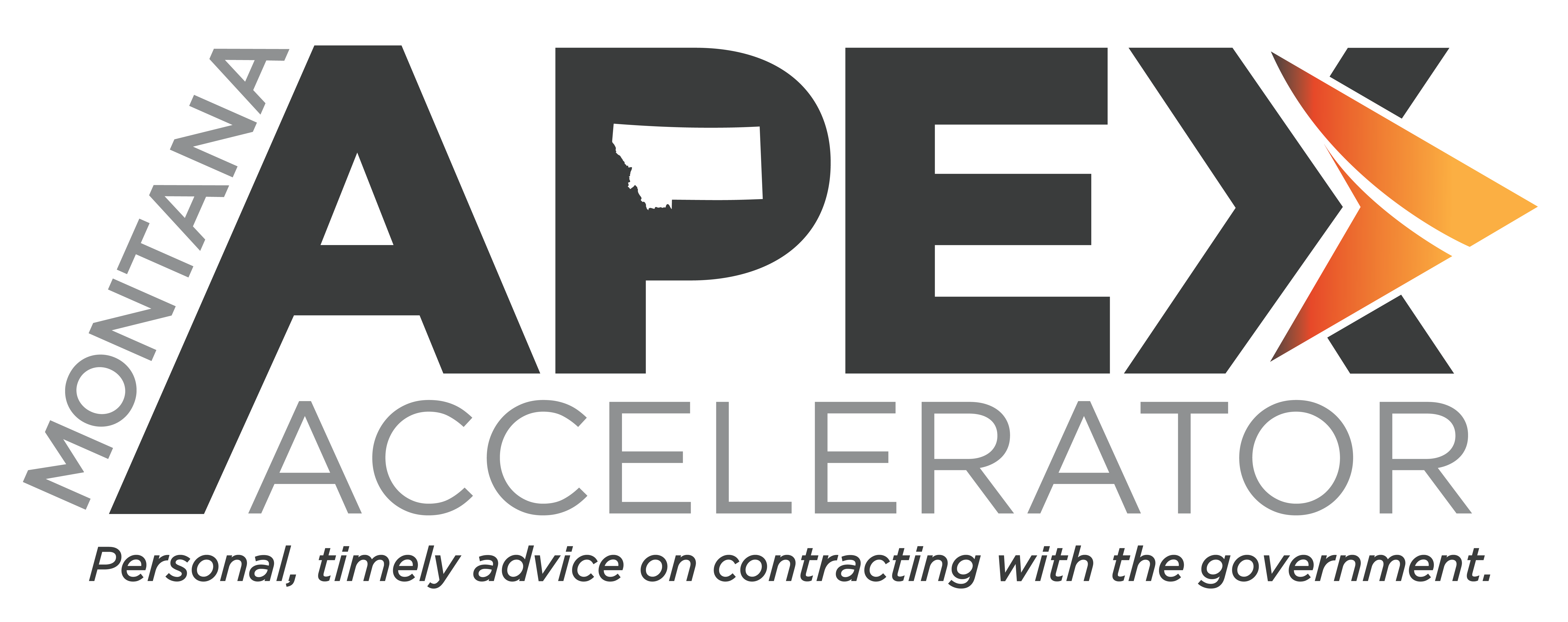On June 8 of this year, Montana Governor Steve Bullock signed Executive Order No. 15-2018, Requiring Disclosure of Dark Money Spending for Entities Doing Business with the State, which states “It is the policy of the executive branch that entities seeking to do business with the State of Montana must disclose contributions or expenditures they have made in elections.”
The policy that establishes the requirements necessary to implement the executive order was released a couple of weeks ago, detailing the scope of the policy:
This policy applies to all executive branch agencies, except the university system, soliciting and contracting for state procurement contracts with a Total Contract Value over $25,000 for services or $50,000 for goods. The disclosure requirements apply to bids/proposals received on or after October 1, 2018. New contracts awarded with a contract term of 24 months or longer (or the potential to have a term of 24 months or longer) affected by this policy must include a requirement for annual disclosure by the contractor. This policy does not apply to solicitations issued and contracts executed under Title 18, Chapter 2, MCA, Construction Contracts, or Title 18, Chapter 8, MCA, Architectural, Engineering, and Land Surveying Services.
As you can see, new disclosure requirements take effect on Monday. If you’re submitting a bid or proposal for a procurement contract covered by this policy, what does that mean for you?
- You must now complete a declaration form when you submit your bid/proposal in eMACS.
- If the total election contributions or expenditures of your entity, any of its parent entities, and any affiliates or subsidiaries within your entity’s control have exceeded $2,500 in a 24-month period, you must also complete and submit a disclosure form, detailing those contributions.
What happens if you don’t comply? Your bid/offer may be disqualified.
We encourage you to read through the executive order and the policy (links provided above) so that you fully understand all the intricacies of this new policy.
The State Procurement Bureau has put together answers to frequently asked questions (FAQ) to help you better understand these new requirements. Do you have questions not addressed in the policy or the FAQ? Give your local PTAC counselor a call.



















